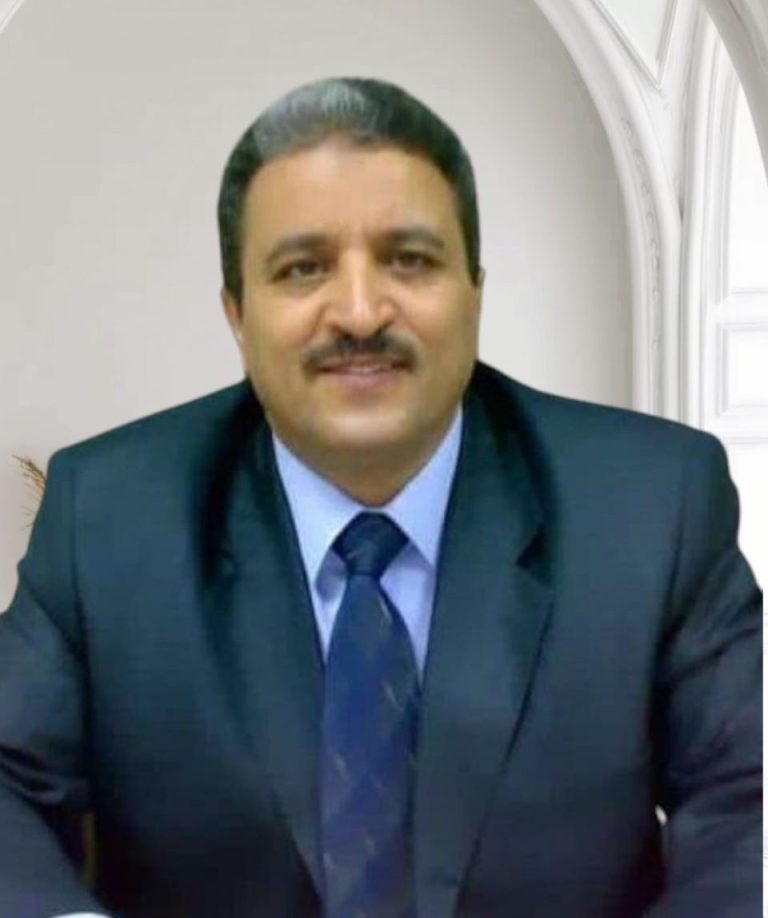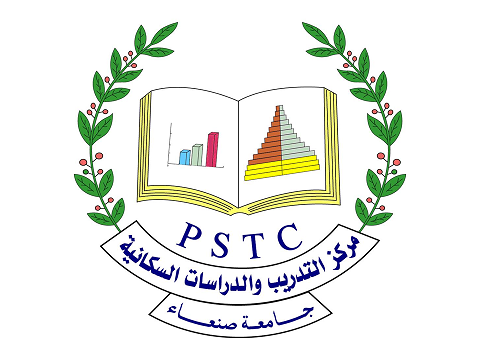With great pride and appreciation, we value the remarkable efforts of our predecessors, the academics and experts who established this guide since its inception in 2007. They played a pioneering role in founding the Higher Diploma Program in Population Studies and laid the scientific and methodological framework that shaped the features of this vital discipline in our country. This precious legacy serves as a solid scientific reference upon which we rely, and today we continue this blessed path by updating and developing the guide to keep pace with scientific advancements and the demands of the times, while leveraging the accumulated experiences over the years.
Our upcoming work comes as a natural extension of the building process initiated by our predecessors. Our role is not limited to recognition and appreciation; we are committed to enhancing and developing the content to meet the needs of students, society, and the labor market amid current demographic transformations. We are confident that the continuity of scientific updating and development is the only way to achieve the center’s mission of graduating generations of qualified specialists capable of facing demographic challenges, grounded in solid scientific foundations and supported by modern sciences, while preserving the knowledge heritage established by the pioneers. And may God grant guidance and success.

